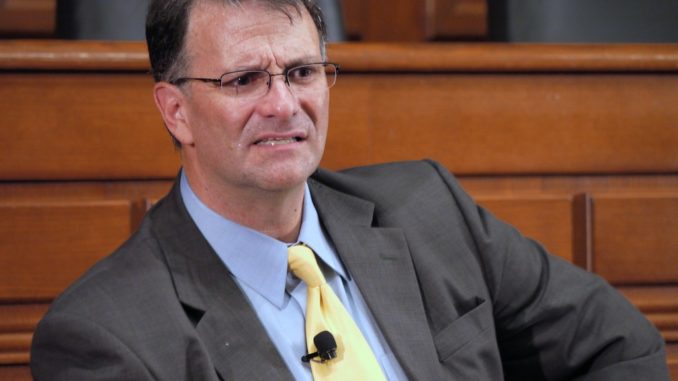
Multiple Choice.
Here are some of the scenario-style questions meant to replicate real-life situations in government and politics:
1. A Washington-based reporter has spoken to a congressman about an internal, congressional investigation into the operations at the Coast Guard. The congressman and reporter agreed that the conversation was “on background.” In the conversation, the reporter learned that some serious criminal behavior occurred at the Coast Guard. What course will the reporter most likely take?
A. Report and publish the story, but not reveal the congress member’s name.
B. Report the story and cite the congressional representative as a source, otherwise it is hearsay.
C. Not Report the story now, but await more information from other sources.
D. Wait and see how other media outlets are reporting the story.
2. An interest group is organized and seeks to pass a House bill that is now under consideration. There is a bill in the committee of House Chairman Bill Watley’s committee. Congressman Watley is in alignment with this interest group on the main points of the bill, but has concerns about another part of the bill. Which of the following strategies will the interest group take most immediately?
A. Ask to see the chairman and discuss the particulars of the bill with him.
B. Make a donation that will be useful to Watley in a future campaign.
C. Meet with judges who may have to rule on the law in the future.
D. Ask to meet with the president or president’s staff about the bill.
3. Which of the following is the best comparison of the media’s roles as watchdog and scorekeeper?
|
|
Watchdog |
Scorekeeper |
|
(A) |
A seasoned reporter interviews a retiring congressman about his career and personal life. |
A local reporter covers the recent snow storm report |
|
(B) |
An investigative reporter finds a construction safety problem at a public school. |
The local political commentator analyzes poll numbers one week before the election. |
|
(C) |
A Capitol Hill correspondent reveals the details of a new bill that a congressman introduced. |
A nightly sports broadcaster provides the final scores to the day’s games. |
|
(D) |
A new reporter breaks the story of the first presidential candidate to announce their candidacy. |
A reporter compares the proposed budget to last year’s spending. |
4. Which of the following types of PACs is the National Rifle Association?
(A) Trade Association
(B) Special Interest Group
(C) Corporate PAC
(D) Labor Group
And the answers are . . . C, A, B, and B
What unique vocabulary terms did you see that you were not familiar with? How might knowing these terms help you answer the question?
Photo/Image: Lobbyist Jack Abramoff, by Madeleine Ball via Creative Commons